Social Scripts
Subscribe to my podcast via my podcast page to get weekly episodes about ASD just like this one delivered automatically to where ever you listen to podcasts.
Friendship, play and social interaction are all two-way – and we need to support both the child with ASD and their peers to make social skills programmes work. Using social scripts to teach children with ASD, ADHD, ODD and PDA how to engage socially can be a great strategy to improve understanding of events and situations. Social scripts describe a social situation, skill or concept. The goal of a social script is to promote true social understanding.
For example, I taught a Year 1 girl who wasn’t doing her work, constantly getting frustrated and not staying at her seat. It turned out she didn’t know how OR when to ask for help. Creating a social script to explain the concept of ‘asking for help’, significantly changed this child’s ability complete work. Other students seem to learn these concepts without explicitly being taught, but in my experience ASD, ADHD, ODD and PDA students need support to understand expectations, rules and changes. The reason social scripts are so effective is that they are visual, can be referred back to and tell the child what to do or expect.
Ultimately, they help children with ASD understand social rules, what others mean and how to interact.
“Improvement in behaviour doesn’t come from the social script, it comes from improved understanding of events and situations.”
Examples of Social Situations where you might use Social Scripts
NEW activities or change
- What to do if your teacher is away
- Going on Camp /Excursions/ Swimming Lessons
- New Teacher or New Teacher Aide
- Change in Family: Loss of family member, Divorce, New baby
- Coping with transitions
Understanding Expectations / Rules
- What to do if you need help
- What to do if you make a mistake
- Sitting on the mat/desk or Waiting in line
- What to do when I get to school
- What to do when I lose something
How to Create Successful Social Scripts
- Use Photos, line drawings, comic strips or even video to support social scripts.
- Many students like helping to make the social scripts this can include selecting photos, typing or writing words, illustrating or laminating the finished book
- It is important to use words that aren’t too specific such as ‘Sometimes,’ ‘Usually,’ ‘Often,’ or ‘Occasionally’ – this allows for flexibility
- Social scripts are ALWAYS positive. Don’t use sentences such as ‘I often interrupt,’ or ‘Sometimes I hit other children.’ These sentences don’t give information about available alternatives.
- Read with the social script with the student and check they understand, often it takes a few edits to get the social script perfect.
The key with Social Scripts is they need to be re-read often to reinforce the learning. Don’t wait until a problem arises to revisit. Make a copy for home and school. Many students I have taught love to re-read the social scripts regularly, especially if they have been successful.
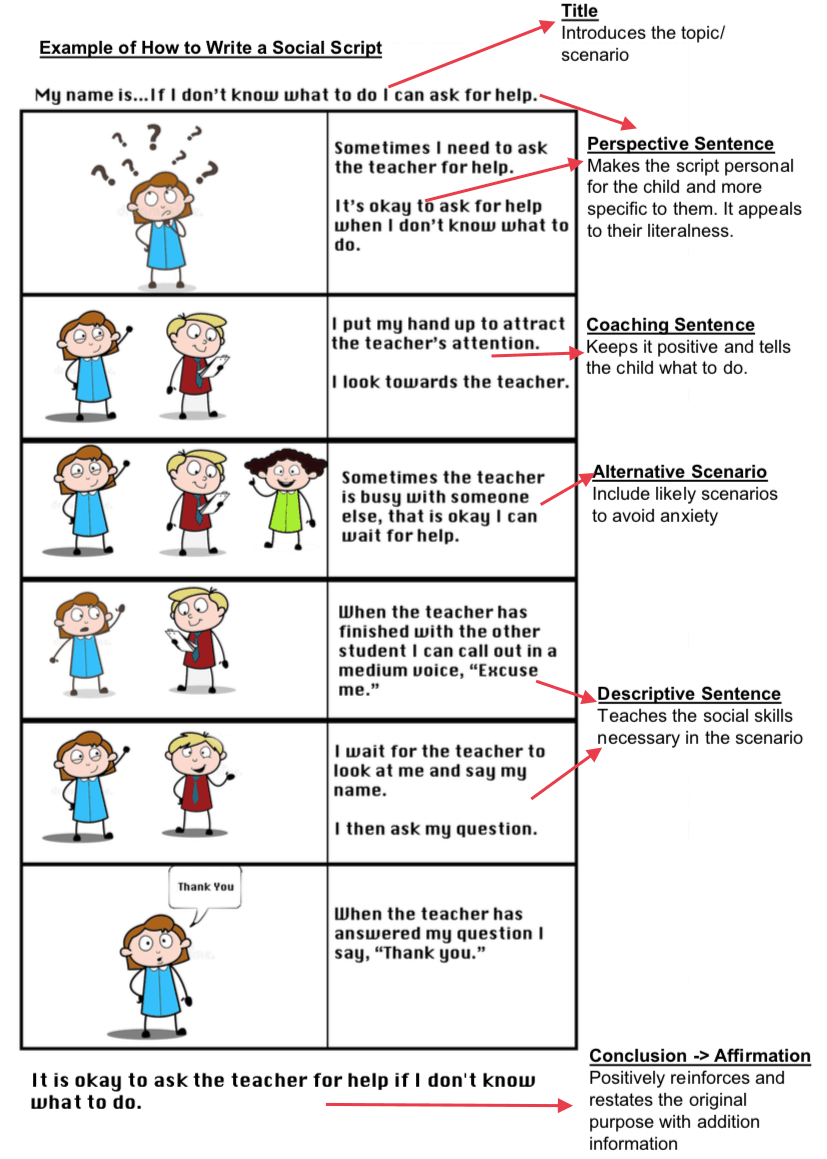
Ready to Use Social Scripts
How To Stop Your Words Bumping Into Someone Else’s and other really useful stories
by Anna Tullemans & Rhonda Dixon
This book has 18 Ready to use Social Scripts. All on A4 pages with an excellent picture to explain so many of the common challenges students with an ASD face in social and school situations. They include: Getting Someone’s Attention, Starting a Conversation, Interrupting, Asking Someone to Play, What if a Person Say’s No’?, Asking for Help, How loud or soft your voice should be, Waiting in Line, Waiting on the Mat and Waiting at your Desk.
by Carol Gray
Over 150 of the most requested social stories that teach everyday social skills to children with autism or Aspergers Syndrome, and their peers. It also teaches you how to write Social Stories. Comes with a CD containing each Social Story in ready-to-print PDFs AND easy-to-edit Word files! With the CD, you can customise story content and insert images relevant to your child or students individual experiences. An invaluable bonus!
Top 12 Books to Help Teach Social Skills to Children with ASD
Social skills and behaviour regulation are important for all children, but children with ASD and ADHD often need extra support and teaching of social skills. Below are some great resources to help teach social skills to children with ASD, ADHD and other development delays.
Developing Social Skills
By Sue Larkey & Gay von Ess
A starting point for teaching and encouraging social interactions and skills for children with an autism spectrum disorder and other developmental delays. It is a useful concrete and visual resource which when coupled with videoing, role playing and modelling will help young primary school age children with an autism spectrum disorder to better understand the social world around them. This book includes hundreds of ideas, social stories and worksheets. It is a great resource full of time savers for home and school.
This fun game focuses on social interaction in three key areas: home, school, and the wider community. Children are able practice vital skills such as greetings, turn-taking, eye contact, listening, compliments, emotions, telephoning others, showing interest in what others are saying, sitting appropriately and still, asking and answering questions, using your voice effectively, developing and maintaining friendships, and more. Contains game board, 100 question cards, playing pieces and teacher’s notes for 2 to 6 players. Cards can be used for whole class activities.
by Carol Gray
This book is a must-have for every special needs and inclusive classroom. The easy to use format allows teachers to quickly look up an in-the-moment solution and learn about what the child is communicating, and why. This book illuminates possible causes of those mysterious behaviours, and more importantly, provides solutions!
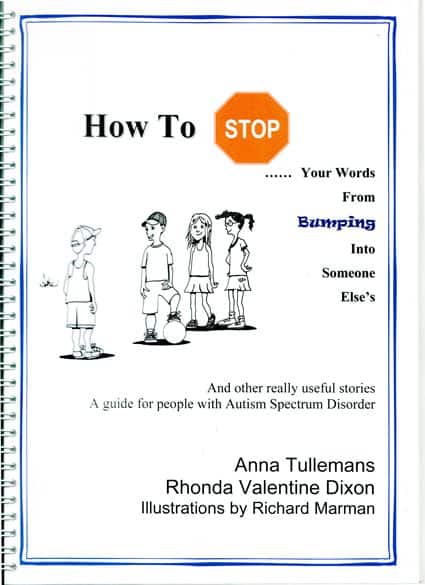

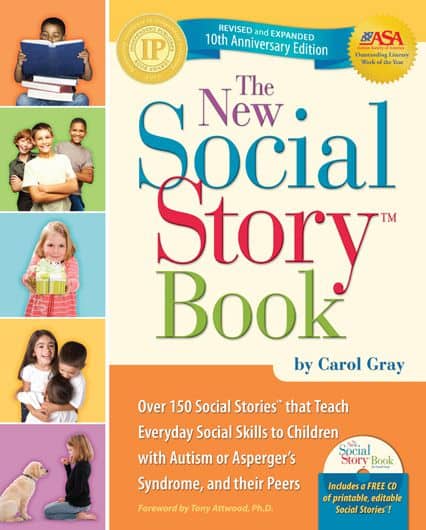
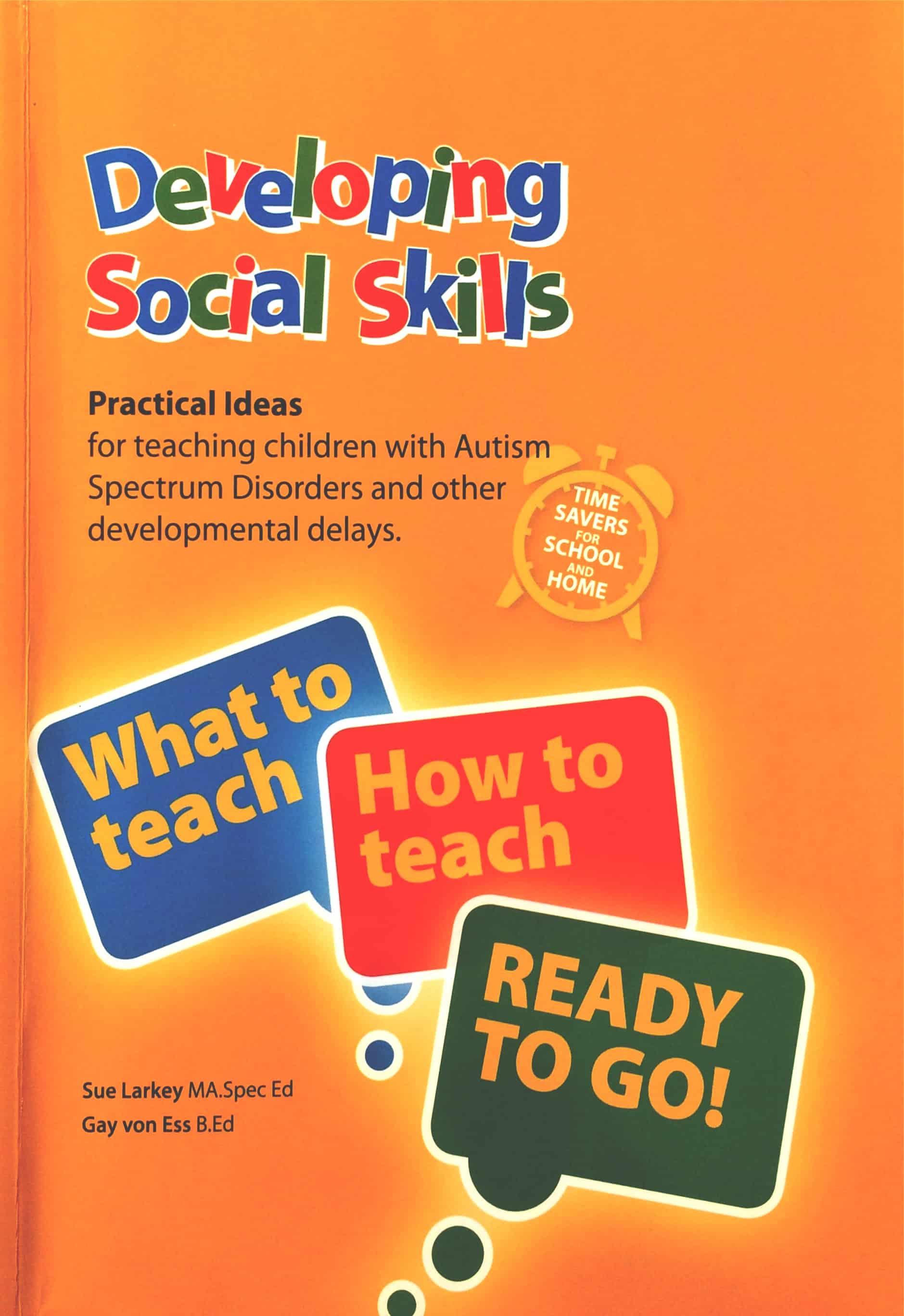
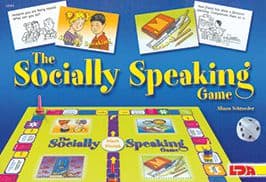
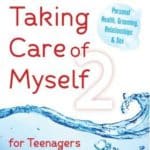
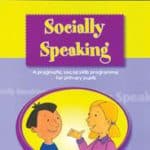
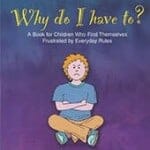
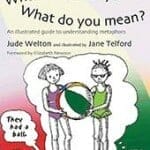


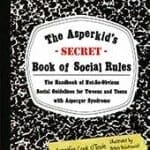
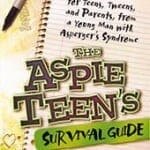


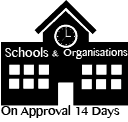
 Sorry we no longer ship items outside Australia. Please consider the digital versions of Sue’s Books –
Sorry we no longer ship items outside Australia. Please consider the digital versions of Sue’s Books – 